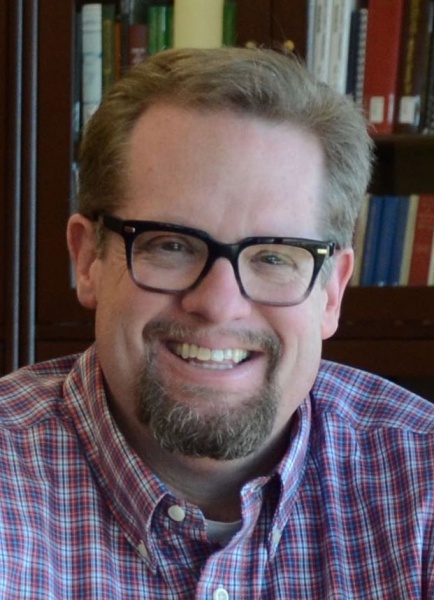As the debate over healthcare reform has developed, opposition has coalesced against the idea of a “public option” — the creation of a new government insurance program. The most common objection is that the existence of such a program would lead many companies to abandon their employee insurance plans in favor of a cheaper government alternative as a way of cutting costs. Thus, despite the president’s many assurances, individuals with insurance plans they like would probably lose their current coverage and end up moving to something like Medicare. The specter of losing a good private plan and ending up in a less satisfactory public program is a solid reason for opposing the measure, but there is a better reason for opposition. It has to do with human rights.
Imagine that you are a physician. You have made it through four years of college on a steady diet of biology, chemistry, and calculus, four years of medical school so demanding that you have no life outside of school, and at least three years of residency in which you have regularly worked 100 hours a week for a very low salary. You have been the first to get up and the last to go home. And somewhere in there your third decade of life, commonly known as your “twenties” (normally a fun time), has disappeared. Along the way, you have probably racked up an astronomical personal debt, because there is no time to work a second job to help pay it off. The first professional hurdle you set out to clear will be six figures accumulating interest. Forget family. If you have a spouse at this point, he or she is probably full of resentment at never seeing you.
After all this, have you made your way to an easy job? No. You are likely spending four days a week seeing patients, another day in surgery, taking a 24 hour call every four days, and working one weekend out of every four. The only time you are ever off is when another doctor can be found to cover your responsibilities while you are out. The job itself is rewarding, but incredibly difficult. You see patients and listen to them explain their symptoms. Using your knowledge, you have to figure out what is wrong with them and which of the many options for treatment you should choose. If you are a specialist who performs surgeries, you have to cut into another human being with a blade and try to correct what is wrong inside the body. It’s stressful work.
Bad things happen in the cold rooms of the hospital. Patients in surgery might begin to bleed so fast you have maybe five minutes to figure out how to stop it and prevent their death. Sometimes, you open up a patient and see that things are so bad you can do nothing other than close them back up and give them the awful news. And don’t ever make a mistake or even appear to have made a mistake. American medicine has been so successful that patients have unrealistic expectations for their own safety in the midst of inherently risky activities like cutting a body open and manipulating vital organs. Trial lawyers feed on those expectations to create an entire industry designed to capitalize on apparent errors. The industry works because jurors, who typically have no life experience or training to help them understand the practice of medicine, can be convinced to award giant sums to plaintiffs for errors made in some of the most difficult work imaginable. The existence of the malpractice bar has changed the way you practice medicine. You have to raise prices to pay for expensive malpractice insurance. You’re induced to order excessive tests to defend against the accusations of a litigator. You will stay up late many nights updating patient charts and trying to make sure every piece of documentation is complete.
Now imagine how you would feel if the rest of us got together and proposed that the government should become the primary client for medical services. As part of the deal, the government will determine how much you will be paid. Lawyers, business executives, electricians, and plumbers (to name but a few) will all be allowed to command what the market will pay for their services — but not you. Simply because it is possible that a majority may be found who think this scheme is a good idea, you may lose all the benefits of offering your services in a free economy.
Is this situation really fair? Have your fellow citizens honored your inherent rights and freedoms? They have not, and this why a public option is so offensive. It represents a move by a majority of citizens to control the economic well-being of a person who has endured extraordinary hardship and trials in order to become a much-needed provider of medical services.
Why the big protest? Doesn’t Medicare do the same thing? Doesn’t Medicare dictate prices? It does, but it works for one reason: Medicare is essentially parasitic on a functioning free market for medical services. Doctors are willing to accept low compensation at the margins, because they do want to help people and programs like Medicare help them pay the cost of treatment for those who can’t pay. But if the whole market became like Medicare, the economic freedom of doctors would disappear. And that is the problem with an open-door public option that could expand to envelop the practice of medicine.







